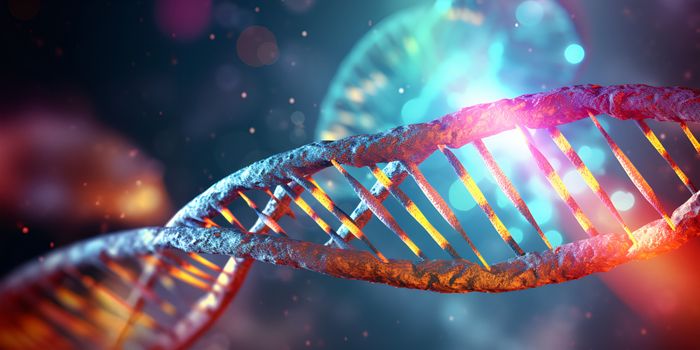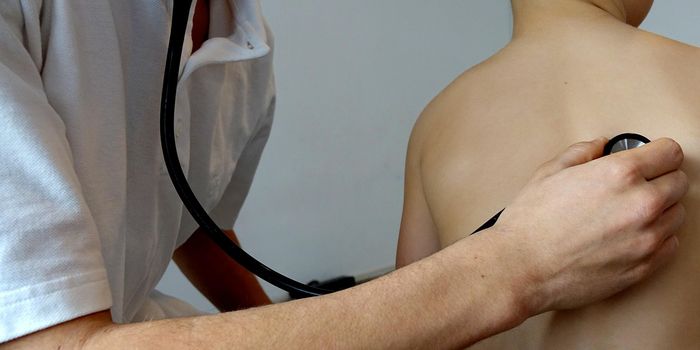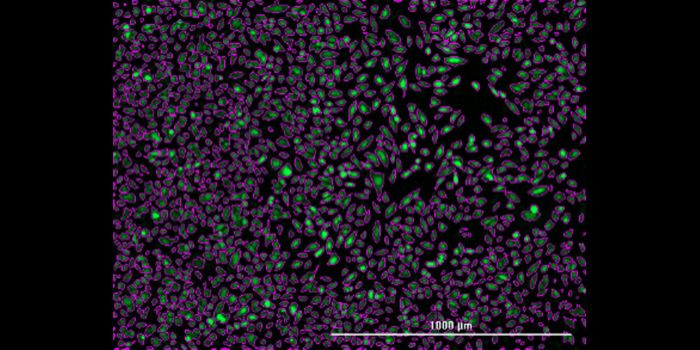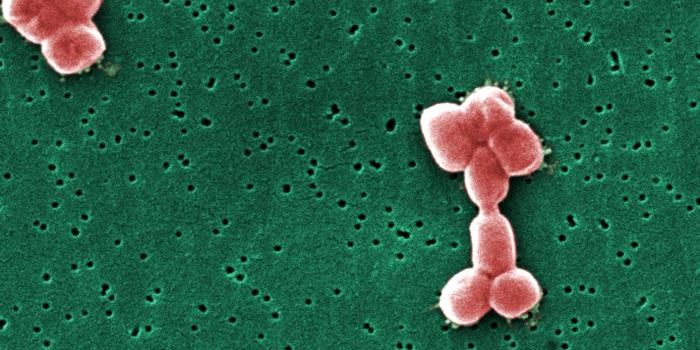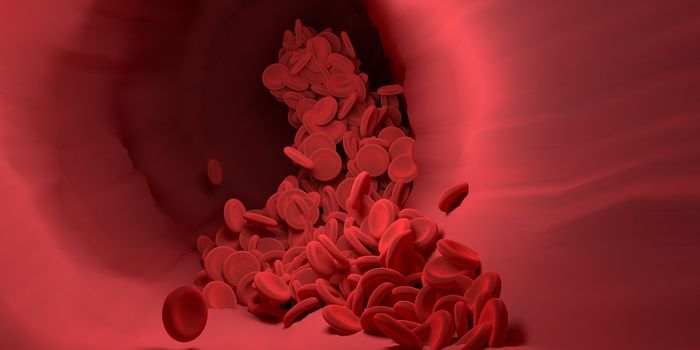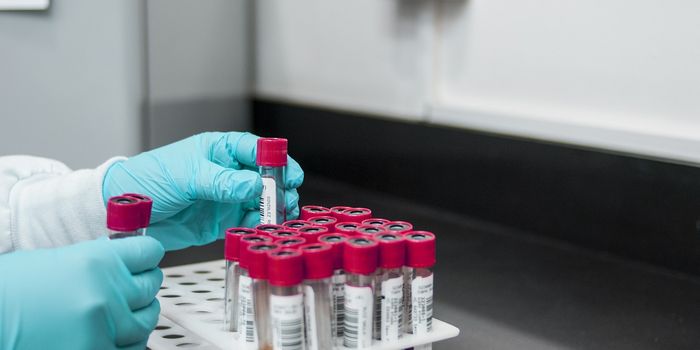Inflammation Links Obesity and Breast Cancer
Obese women are at higher risk for breast cancer; it is thought that's because fat tissue begins to synthesize estrogen after menopause, and estrogen encourages tumor growth. However, therapeutics that aim to reduce estrogen levels are not helpful to obese cancer patients. It would be reasonable to assume that after eliminating the source of estrogen, obesity no longer impacts cancer, but that assumption is false. New work reported in Hormones & Cancer offers an explanation for this conundrum.
This research, by investigators at the University of Colorado Cancer Center, used an obese rat model and cells in culture to demonstrate that obesity causes sensitivity in androgen receptors on tumor cells compared to tumor cells of lean animals. The sensitive androgen receptors amplify growth cues from testosterone. Just as estrogen receptors promote breast cancer growth, androgen receptors drive the growth of tumors in obese rats.
"Our original goal was to make a model of obesity and breast cancer that would reflect the condition in women. At first, we were disappointed to discover that rats don't make much estrogen in fat tissue like humans do. But we then realized that this aspect of the model gave us an excellent opportunity to study cancer progression after anti-estrogen treatment.,” explained the first author of the work, Elizabeth Wellberg, Ph.D.
“ Because fat cells in these rats don't make estrogen, they are like human breast cancer patients treated to remove estrogen. This allowed us to ask what is responsible for obesity-associated tumor progression in conditions of low estrogen availability," explained Wellberg.
Around 40 percent of the women in America are obese, while roughly 75 percent of breast cancers are estrogen-receptor positive. Most of those estrogen-receptor positive cancers are treated with anti-estrogen drugs. Treatments that target the breast-cancer-promoting aspects of obesity could potentially benefit thousands of women.
Testosterone and the androgen receptor have been known as drivers of prostate cancer; other research has determined androgen is also driving many breast cancers. In this work, after the obese rats were exposed to enzalutamide, an anti-androgen drug, new tumors stopped forming and existing tumors shrank. The researchers wanted to learn more about what causes the androgen receptors to become overactive; there is not more testosterone present, the receptors become more sensitive.
"When you talk about what's different between lean and obese individuals there are a lot of things - resistance to insulin, high sugar, and an elevated inflammatory response, what we call chronic low-grade inflammation, to name a few. In a lot of ways, you can walk through these differences looking for what may be causing this androgen receptor sensitivity," said Steven Anderson, Ph.D. the Vice Chair for Research at CU Cancer Center.
This research group has shown how inflammation, in particular, a cytokine called interleukin 6 (IL-6), is increased in the circulation of obese rats compared to lean ones. The new study showed that when breast cancer cells are exposed to (IL-6), the activity of estrogen receptors increases. That suggests that obesity drives inflammation, which causes higher levels of IL-6, and androgen receptor activity increases. Even when hormone availability is low, cancer cells are encouraged to grow by the sensitive receptors.
"Down the line, we can imagine a day in which the BMI or metabolic state of breast cancer patients would be considered when choosing a treatment. These patients may benefit significantly from a more personalized therapeutic strategy, based on what obesity is doing to the tumor environment," Wellberg concluded.
Check out the National Cancer Institute webinar above to learn more about how cancer and obesity are connected.
Sources: AAAS/Eurekalert! Via University of Colorado Cancer Center, American Cancer Society, Hormones & Cancer


